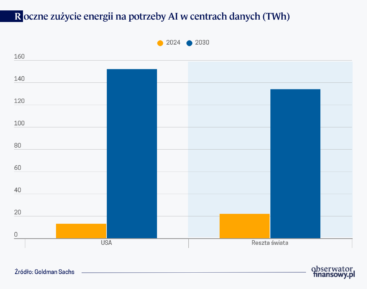German automotive industry at a crossroads
Kategoria: Business
A new CNN poll reveals just what Americans are thinking in the wake of numerous stimulus programs and Wall Street bailouts, a nonstop binge of government borrowing and money printing, and relentless propagandizing about the so-called „recovery.”
The bad news? Nearly half the population believes things are bad — and are going to get a whole lot worse in the not-so-distant future.
President Barack Obama’s overall approval rating has dropped below 50 percent as a growing number of Americans worry that the U.S. is likely to slip into another Great Depression within the next 12 months, according to a new national poll.
A CNN/Opinion Research Corporation poll released Wednesday also indicate that the economy overall remains issue number one to voters, with other economic issues – unemployment, gas prices and the federal deficit – taking three of the remaining four spots in the top five.
…
Forty-eight percent [of Americans] say that another Great Depression is likely to occur in the next year – the highest that figure has ever reached. The survey also indicates that just under half live in a household where someone has lost a job or are worried that unemployment may hit them in the near future. The poll was conducted starting Friday, when the Labor Department reported that the nation’s jobless rate edged up to 9.1 percent.
„The poll reminded respondents that during the Depression in the 1930s, roughly one in four workers were unemployed, banks failed, and millions of Americans were homeless or unable to feed their families,” says Holland. „And even with that reminder, nearly half said that another depression was likely in the next 12 months. That’s not just economic pessimism – that’s economic fatalism.”
According to the survey, more than eight in ten Americans say that the economy is in poor shape, a number that has stubbornly remained at that level since March.
Not surprisingly, with that much economic angst, the economy is the number one issue, the only one that more than half of the public says will be extremely important to their vote for president next year.
…
The CNN/Opinion Research Corporation poll was conducted June 3-7, with 1,015 adult Americans questioned by telephone. The survey’s overall sampling error is plus or minus three percentage points.
The good news? Er, not sure about that one.
Any suggestions?


